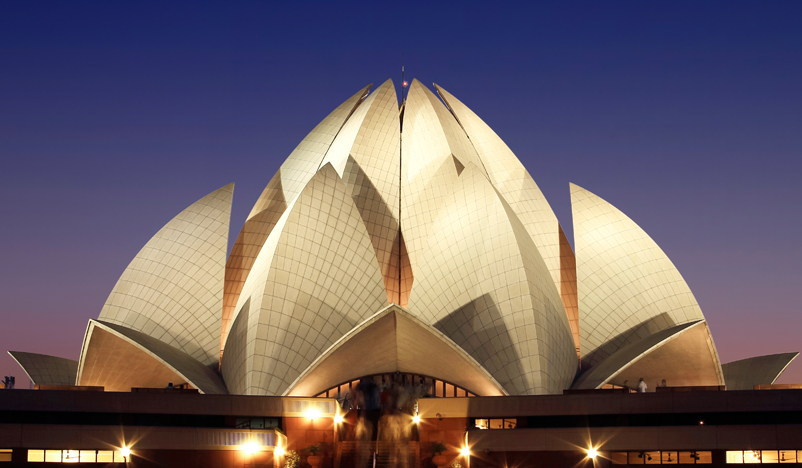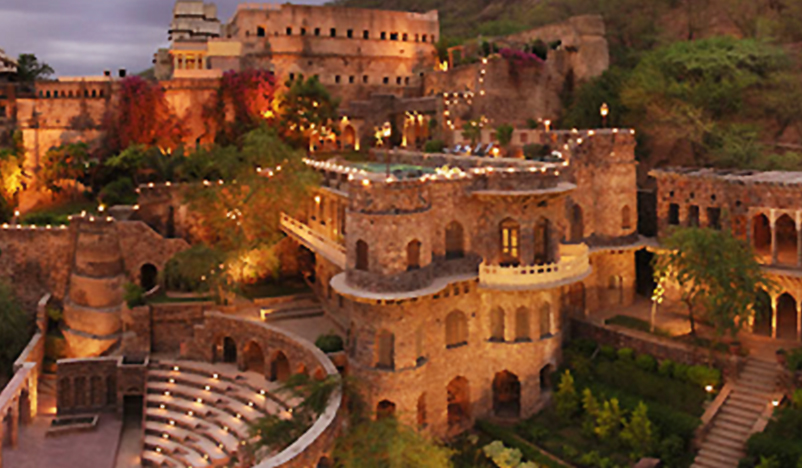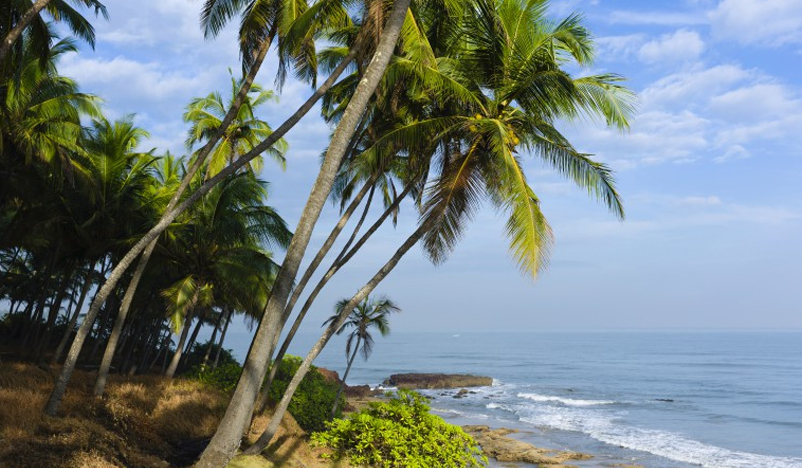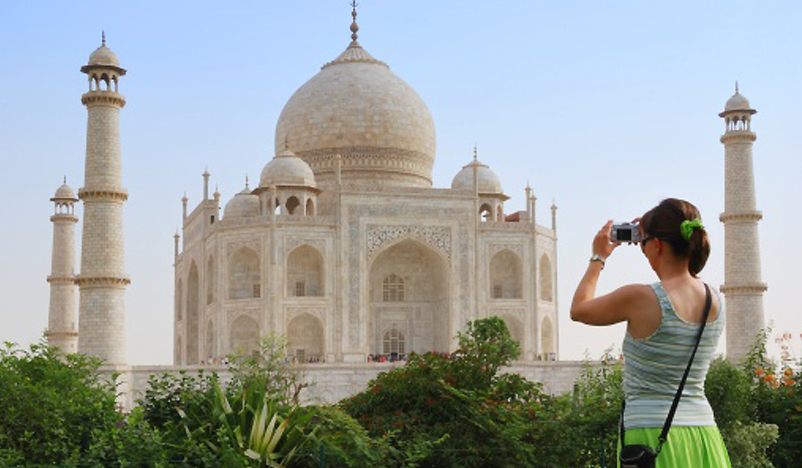Parliament is the supreme legislative body of India. The Indian Parliament comprises of the President and the two Houses - Rajya Sabha (Council of States) and Lok Sabha (House of the People). The President has the power to summon and prorogue either House of Parliament or to dissolve Lok Sabha. The Constitution of India came into force on January 26, 1950. The first general elections under the new Constitution were held during the year 1951-52 and the first elected Parliament came into existence in April, 1952.
| Lok Sabha | Formed in |
|---|---|
| First | April, 1952 |
| Second | April, 1957 |
| Third | April, 1962 |
| Fourth | March, 1967 |
| Fifth | March, 1971 |
| Sixth | March, 1977 |
| Seventh | January, 1980 |
| Eighth | December, 1984 |
| Ninth | December, 1989 |
| Tenth | June, 1991 |
| Eleventh | May, 1996 |
| Twelfth | March, 1998 |
| Thirteenth | October, 1999 |
| Fourteenth | May, 2004 |
| Fifteenth | April, 2009 |
| Sixteenth | May, 2014 |
| Seventeenth | May, 2019 |
| Eighteenth | June, 2024 |
India has a unique culture and is one of the oldest and greatest civilizations of the world. It stretches from the snow-capped Himalayas in the North to the Sun drenched coastal villages of the South. In this section, you will certainly get the best glimpse of this great country.
India is a pictorial kaleidoscope of landscapes, opulent historical and royal cities, golden beaches, misty mountain retreats, colourful people, rich cultures and festivities. A trip to India is exceptional for the tourists, as this wonderland has always offered something new.
India offers a different aspect of its personality – exotic, extravagant, elegant, and eclectic -- to each traveller to the country. With this section, we aim to help you choose that particular experience which will shape your vision of the country.







